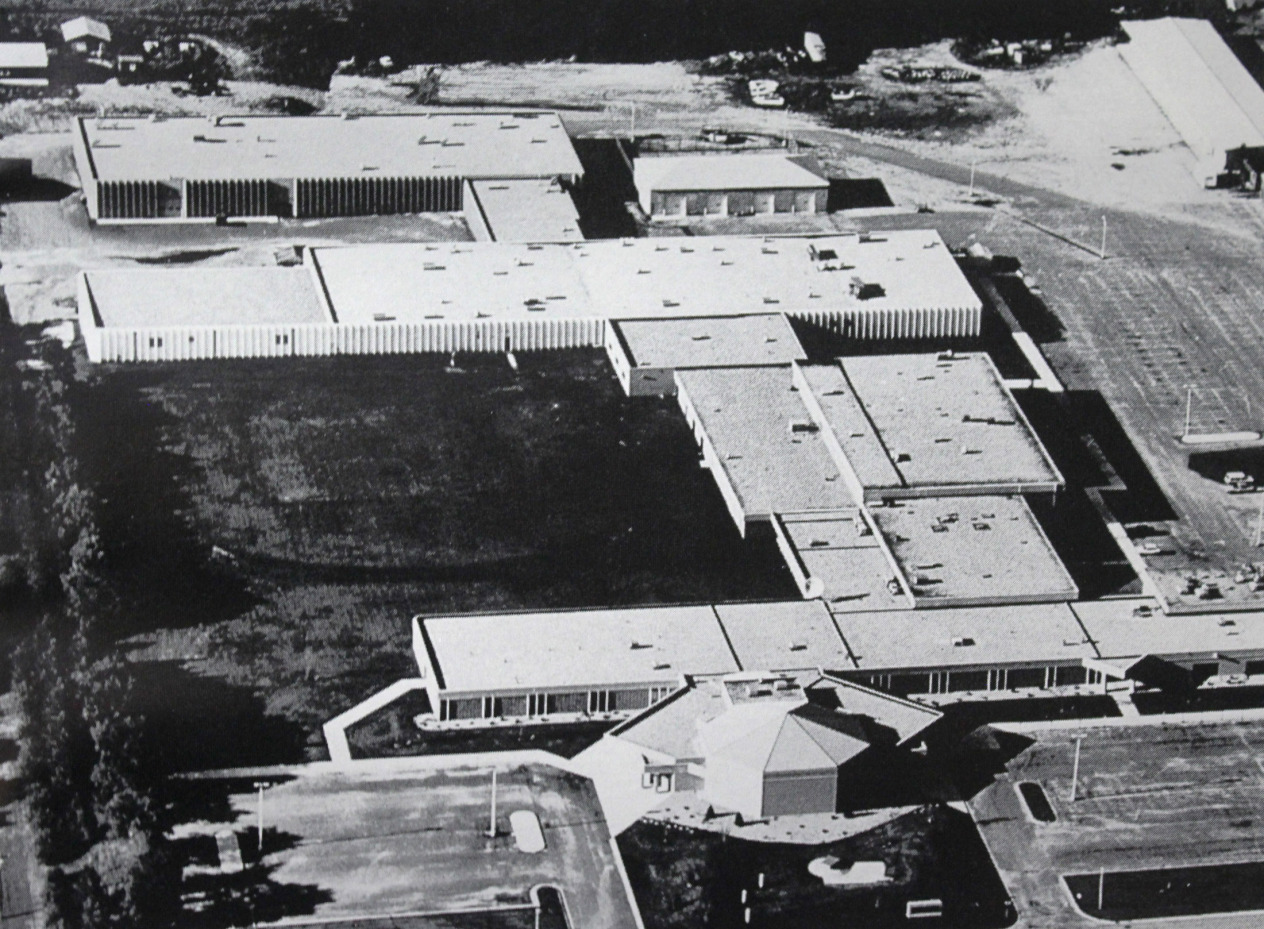Title
BIOL1115 - Introduction to Biotechnology
Description
Description
Meets MnTC Goal Area 3. This course is designed to acquaint students with the field of biotechnology including historical development, current technologies and future trends. An overview of the molecular and genetic principles and processes used to manipulate living organisms and their products will be presented, as well as forensic, medical, agricultural and industrial applications. The course will also examine the ethical implications of biotechnology and genetic engineering. Laboratory simulations and other lab-like experiences provide opportunities for students to perform techniques common in the field, gather and analyze experimental data and troubleshoot procedures.
API ID
Credits
3 (3/0/0)
Competencies
- Apply scientific principles to problem solving.
- Discuss the history of biotechnology including major discoveries and contributions from key researchers.
- Describe the structural and functional properties of DNA, RNA, and proteins.
- Describe the processes of replication, transcription, and translation.
- Discuss basic concepts in genetics and the role of DNA in inheritance.
- Describe the principles of recombinant DNA technology including PCR, cloning, DNA sequencing and bioinformatics, protein expression and immunological techniques.
- Explain the role of biotechnology in the fields of forensic science, agriculture, food safety, medicine, diagnostics, gene therapy, and industry.
- Summarize ways in which scientists have genetically modified bacterial, mammalian, and plant cells to further the goals of biotechnology.
- Discuss the history, purpose, and implications of the Human Genome Project.
- Recognize value assumptions affecting interpretations and analyses of issues related to biotechnology and genetic engineering.
- Examine bioethical issues created by the growth and progress of biotechnology that affect decisions made by the public, policy makers, and researchers.
- Explore current issues in biotechnology and genetic engineering.
Goal Areas
3. Natural Sciences
